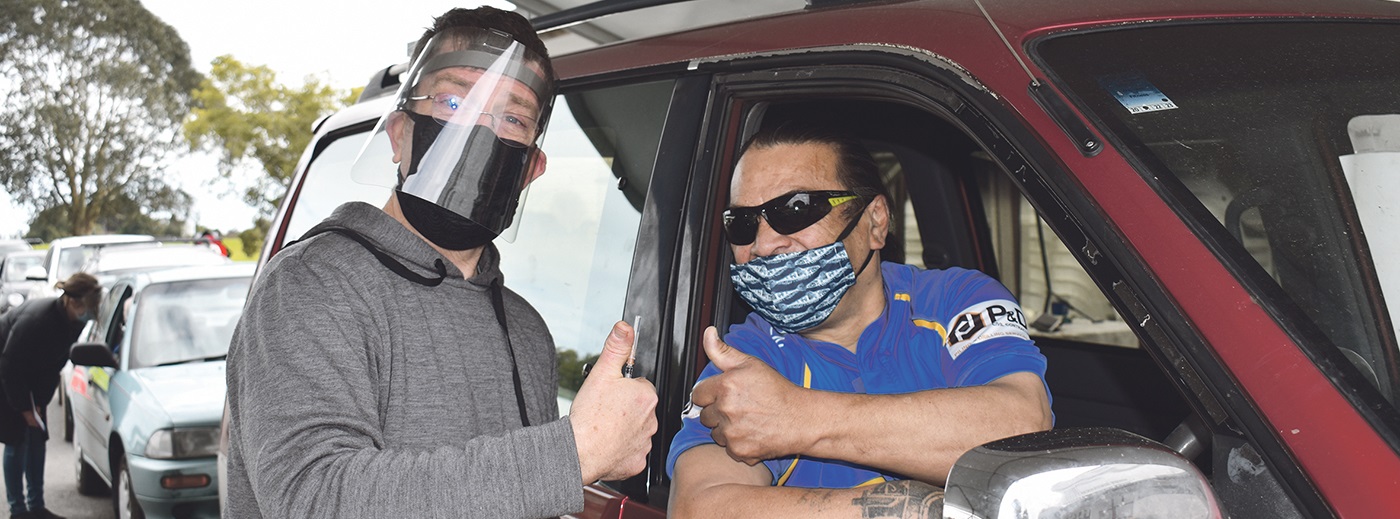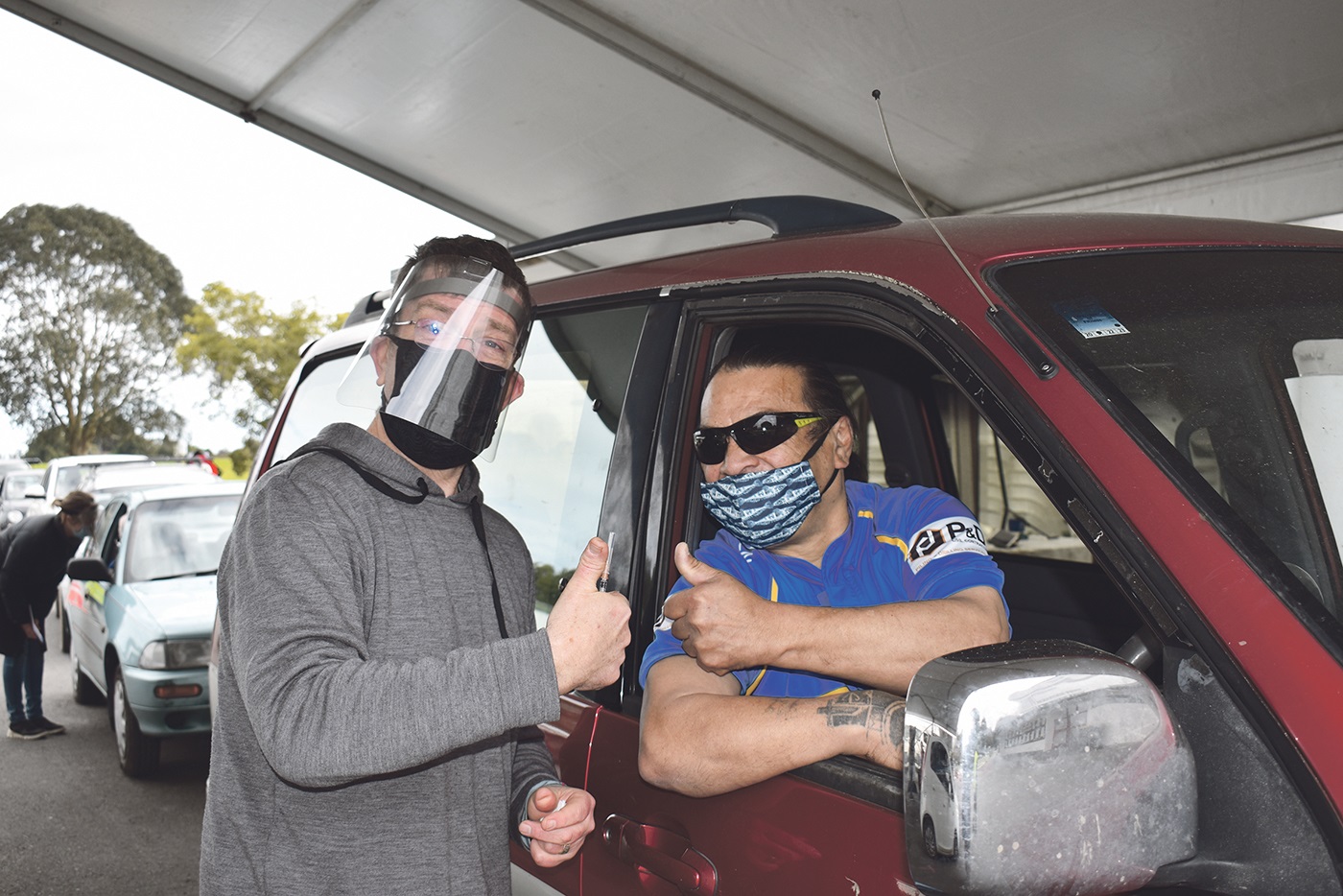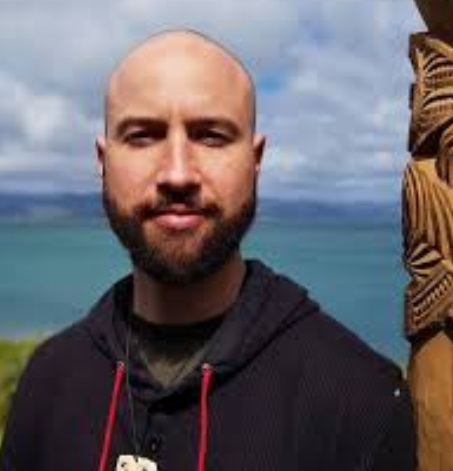
Every passenger seems to know something about what might be causing the strange noise in my car. They’re not mechanics, so I don’t listen to them.
I’ll go to my cousin, Raymond. He’s been studying and working on engineering and cars for decades. He knows more than me about cars and I trust his knowledge.
When I want to to record the costs and expenses of the charity I work for, I don’t ask my cousin the engineer for advice on what works. I talk to my friend who studied and practises accounting. He knows more than me about the tax system and I trust his knowledge.
When I want to know how to replant and care for the awa (waterway) behind our house, I don’t ask that accountant. I listen to people like Mahinarangi, or Tanira who have studied and applied mātauranga (knowledge) on environmental kaitiakitanga (guardianship) for years. They know more than me about biodiversity and ecosystems and I trust their knowledge.
When I want to know how to limit the deaths of our people from a complicated virus not of our making and not from here, I don’t listen to my mate who spent a few hours reading articles on the internet.
I listen to doctors who have studied and applied that knowledge in real life. They know more than me about immunology and virology, and while I have a healthy distrust of the system, in this case, I trust their knowledge. That trust is the price I pay to help limit the deaths of our people.
That trust can be hard. The system doesn’t have a good track record of putting Māori outcomes anywhere near equal. But unlike a lot of those instances where we’ve been hurt, if this vaccination effort fails, the system fails.

THUMBS-UP: Manahi Haeata was “thumbs-up” with Ōtaki Medical Centre doctor John Sprunt after receiving his vaccination at a recent drive-through at Ōtaki-Maori Racing Club.
Photo Ian Carson
So this is actually a case of the system looking out for itself. It just so happens that to do so, it needs to keep us alive.
And that’s not easy. Māori have the lowest vaccination rates for Covid-19 and the highest likelihood of dying from Covid. We need to be careful who we listen to.
I don’t need to study to become an immunologist, I believe the doctors, such as Lance O’Sullivan, who tell me vaccinations help. They don’t solve the problem, but they will limit the number of our people dying.
I wish there were more Māori doctors I could listen to, but there’s not. Māori doctors are few and far between – just 4 percent of the GP population are Māori, so we’re less likely to hear this message coming from us.
That can make it harder to trust. But if we keep dying, there will be even fewer of us.
Listen to those who know what they’re talking about. The rest is just noise.

Pera is a rap singer, writer, and founder of Shoebox Christmas. He received the Local Hero award at the New Zealander of the Year awards in 2019.
OTHER POSTS
Hard-core anti-vaxers, your game is up
How life has changed. Once we fretted about mere things like where the toddler stashed the TV remote or what day the rubbish should go out. Now we have real things to be worried about, like wrapping a mask around our gills to go out and keeping a distance from the old geezer coughing next to us at the dairy. If anything, how Covid (Delta)... Keep Reading
LATEST POSTS
- Who was our first knight?
- Carl Lutz – farmer who loved the land, and Fordsons
- Arthur saw nature ‘with eyes of admiration’
- Ōtaki abuzz with film festival - Ōtaki Today
- Hall helps to connect and build community
- Plenty of help organisations in times of need
- Di’s QSM for services to community and environment
- Rewi’s story one of adversity in old Ōtaki
- Urban designer poses critical question - What’s the plan for Ōtaki?
- New road evokes memories of apples and steam trains
- A slick and shiny surface signals a ready expressway – almost
- Black ferns 10, NZ Rugby 0 – no contest!
- Let’s think outside the box to solve town’s problems
- A full life for proud dad Sam Doyle
- Helping navigate the crossroads of people’s lives
- Ōtaki could be even greater, if by design
- Sad day for Ōtaki
- White tui takes over in Te Horo tree
- Trust is the price we pay to stop our people dying
- After 98 years, we lose a taonga

